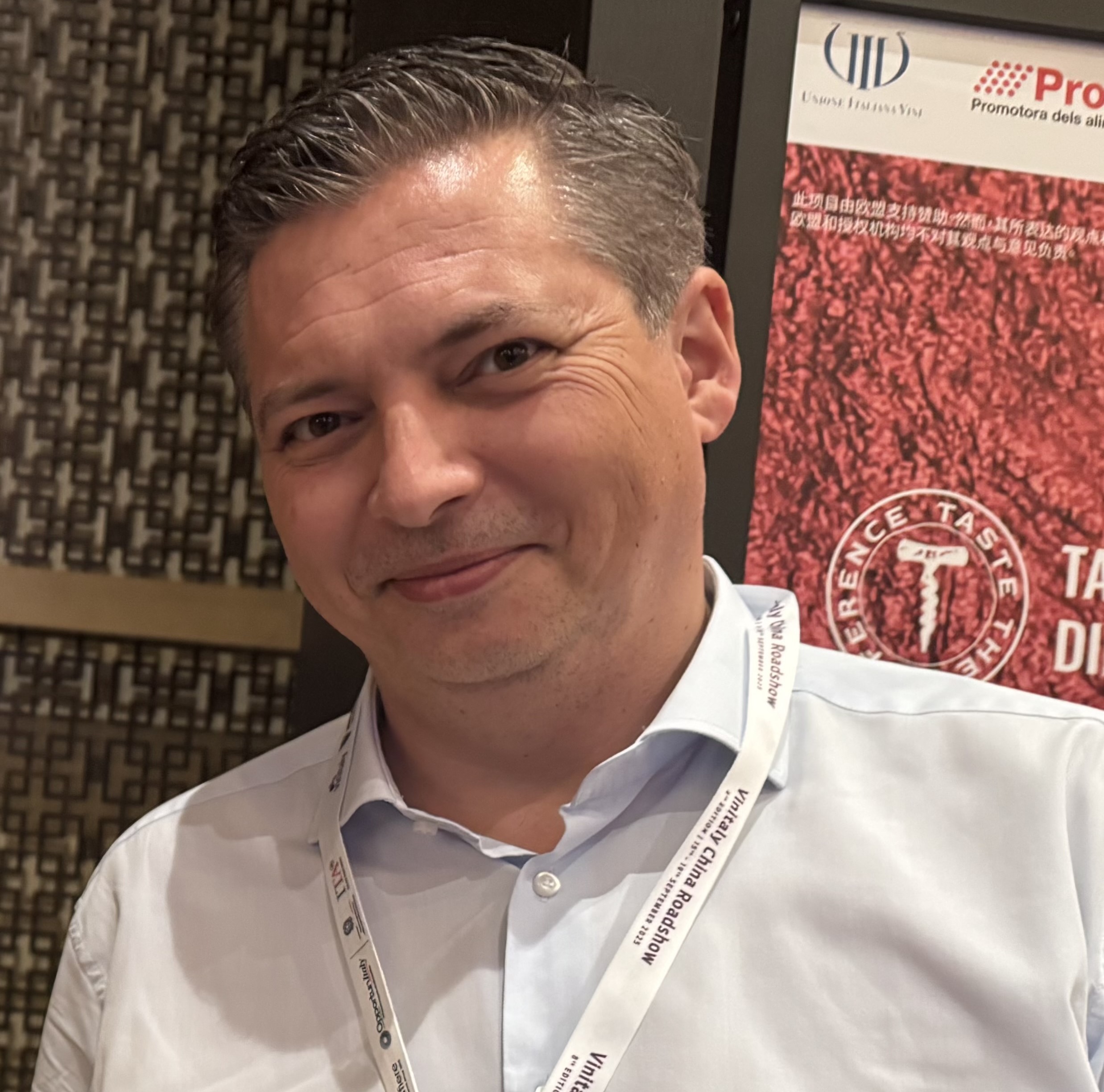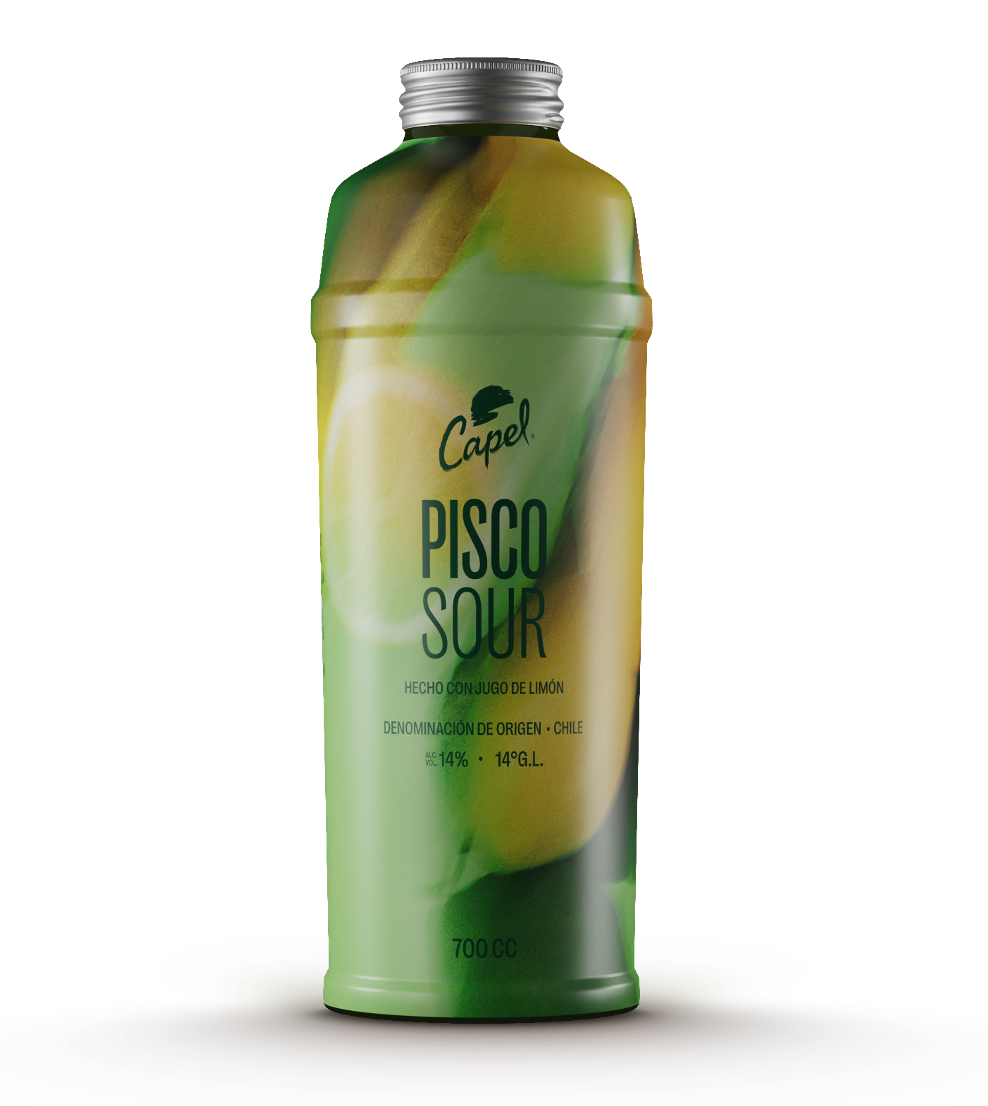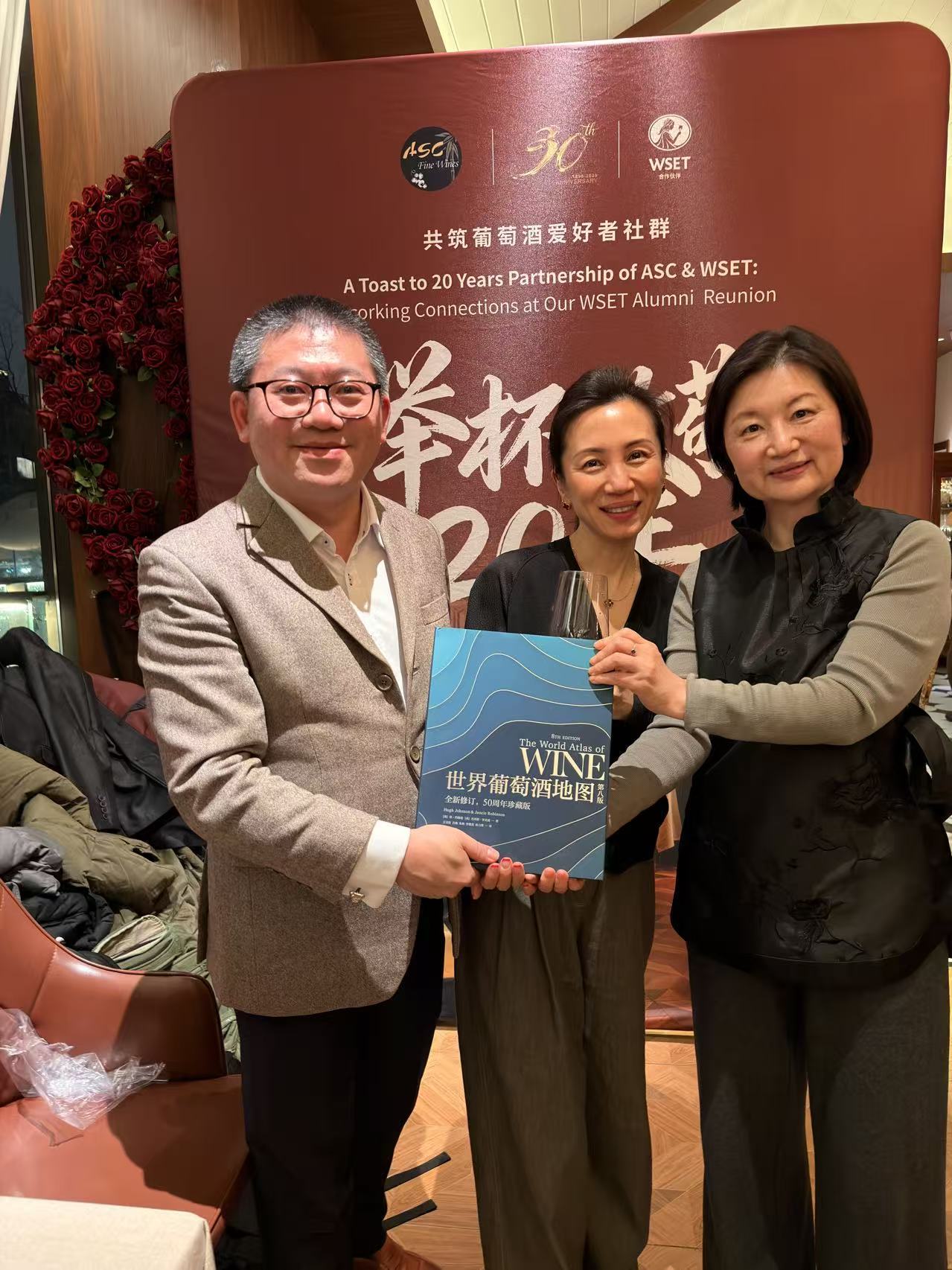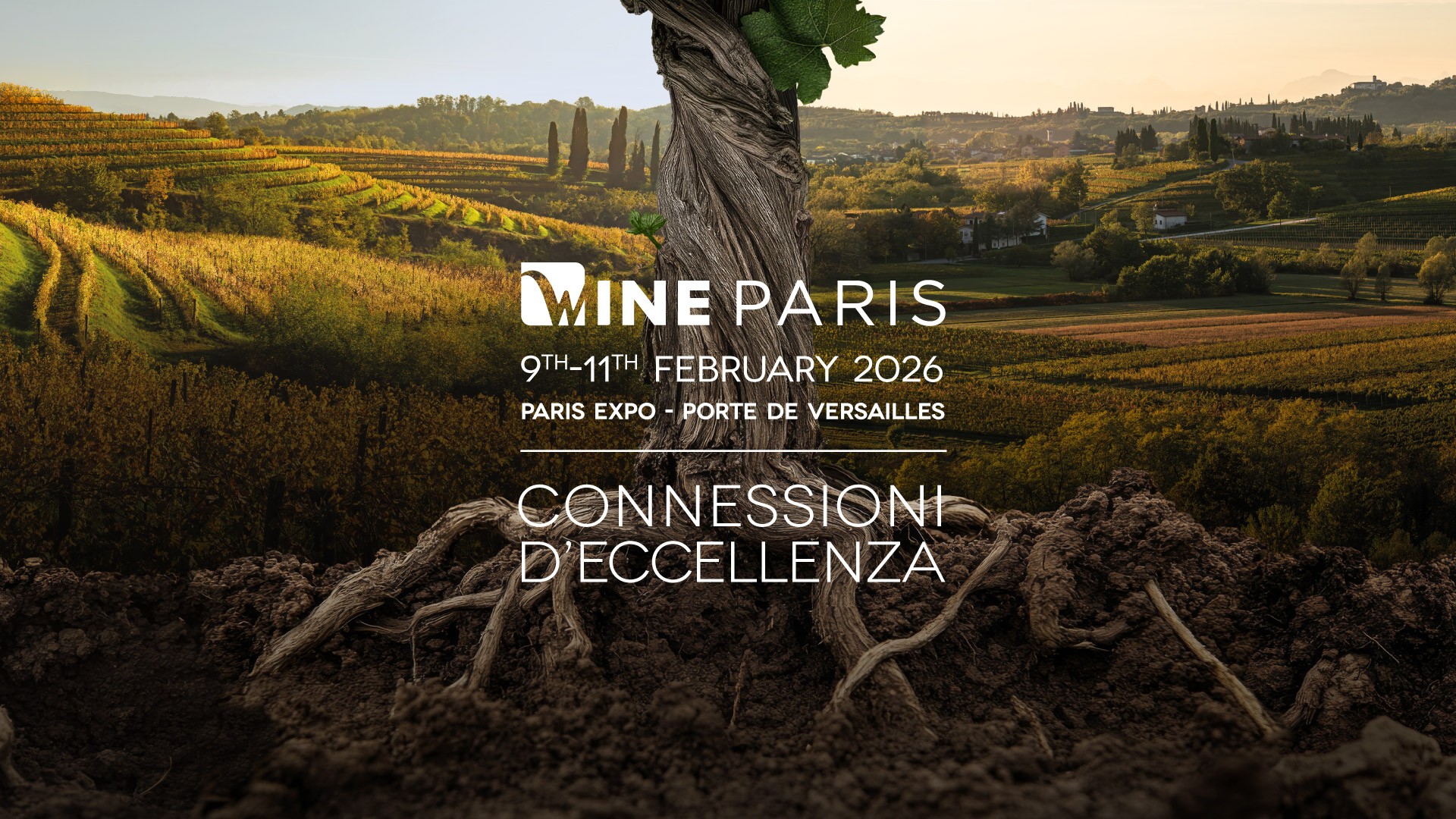Meet The Maker: Thibaut Hontanx, Courvoisier
Thibaut Hontanx, Courvoisier’s chief blender, reveals a secret about the transformation of Maison Courvoisier to Douglas Blyde.
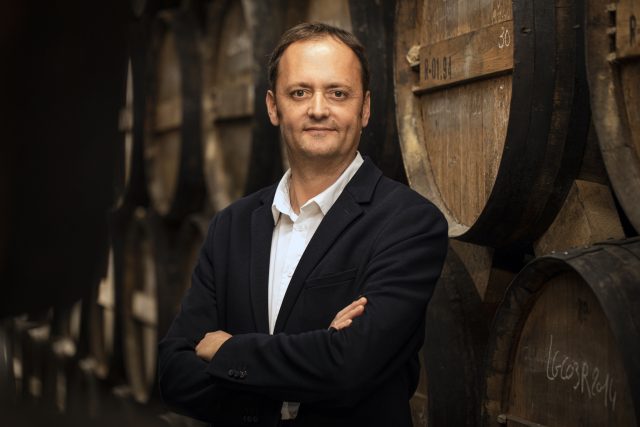
Where did Courvoisier’s story start?
It began in 1828, when Félix Courvoisier established the house in Jarnac, where we still operate today. After a two-year refurbishment, the Maison is reopening, and I’m excited to share this moment with our guests.
How far-reaching was the renovation of Maison Courvoisier?
It was truly transformative. Working with designer, Gilles & Boissier, we blended the Maison’s rich heritage with a fresh, contemporary feel. What I love most is how art fills every room with life. French artists like Zoé Ouvrier, François Houtin, and Lilian Daubisse, along with international talents, brought their unique interpretations of Courvoisier’s DNA. From wood carvings to gold foil, every detail complements the house’s character. It’s about breathing new energy into the history, honouring the past while embracing the future.
What is your favourite room in the newly restored Maison Courvoisier?
Bathed in light from the River Charente and framed by an ink mural of vineyards, the tasting room is my favourite. It’s the perfect space to share the story of crafting expressions like XO Royal – a blend inspired by the historic Cognacs which once graced Europe’s royal courts. This blend unites vineyards from Fins Bois in Jarnac with those of Grande Champagne across the river. After a tasting, sliding doors reveal the red bar, where the walls depict our history.
How were you involved in the renovation?
I chose not to follow the renovation, preferring to preserve a clear image of the original space in my mind. I even avoided the 3D plans. When I finally stepped inside, I was disoriented by changes like the new wall where the entrance used to be! Once inside, I spent hours exploring each room, appreciating the exceptional craftsmanship we cherish in our field.
Are there any secret details?
One special hidden detail is that every employee of Courvoisier has their name beautifully engraved on the roof tiles of the Maison. It’s a meaningful tribute to the people who have shaped our legacy.
And how did Courvoisier’s 600 grape growers react to the refurbishment?
They felt a sense of pride. One said: “This is something beautiful that Courvoisier will share with the world”. It’s especially meaningful for them because they usually don’t see the end product. Another remarked: “You’re going to welcome the world here”.
How does it feel to be the seventh person to own the title of Chief Blender for Courvoisier?
A true privilege. When I started in distillation, becoming a master blender felt like a distant dream. As master distiller, I worked closely with my predecessor, Patrice Pinet. One day, he said: “Thibaut, I’m retiring. You’ve mastered the technique – now I want you to be the next master blender.”
We discussed style, quality, and the Maison’s heritage, and I still call him for advice now and then.
What has been achieved since you took on that role in 2022?
Continuity. The flame remains strong, and I’m fortunate to lead an exceptional team. One standout is Benjamin, whose father was a cooper, and he truly understands the intricacies of selecting the finest trees from the forest. Together, we uphold the craftsmanship which defines Courvoisier.
Partner Content
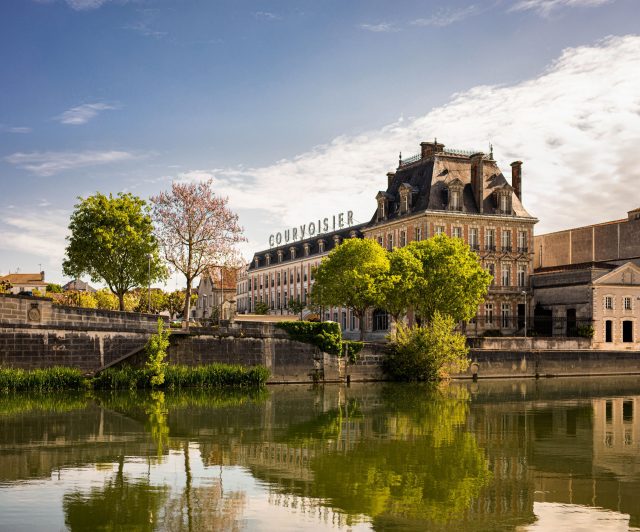
What are the pinnacle expressions?
L’Essence de Courvoisier is the highlight of our core range, a blend of over 100 eaux-de-vie, some dating to the early 1900s, with each decanter topped by a crystal stopper inspired by Napoleon’s signet ring. Another standout is the Courvoisier Mizunara blend, a collaboration with Shinji Fukuyo, aged in rare Mizunara oak – a bold take which elevates Cognac to a new level of sophistication.
Is the changing climate a concern for Cognac?
Always. The seasons are shifting, with earlier flowering, which increases the risk of frost. While we can’t control the climate, we adapt, especially during winter, using techniques like late pruning to delay flowering, and harvesting at night if needed.
Tell us something which readers might not know about Cognac?
Over 60,000 locals depend on the industry of Cognac, from grape growers, foresters, and coopers, and distillers, to accountants.
What do you find most exciting about the intersection of science, art, and craft in distilling?
The excitement lies in how these elements blend at every stage. With my technical background, I’m fascinated by the science of distillation – controlling fractions, cooling temperatures, and how they affect the flow of eau-de-vie. But distilling is more than science. You need to feel it, taste the spirit, and make real-time adjustments. Small changes can make a big difference. It’s the combination of experience, intuition, and knowledge which turns distillation into an art.
Where else have you worked, and what did you learn from those roles?
I’ve worked in South Africa at Drakensberg Distilleries, Martinique with Rhum Clément, and here in Cognac, previously with Hennessy. Each experience introduced me to different techniques and processes, broadening my understanding of distillation. I learned the value of adapting to local traditions and integrating diverse methods into my own approach.
If you had a superpower, what would it be?
I’d love to talk to everyone enjoying a glass of Courvoisier and ask what they’re feeling in that moment. It would be incredible to gather that kind of feedback, though I imagine it would be a lot of people!
Finally, who would you raise a glass of Courvoisier to?
Louis Renard, Courvoisier’s second master blender. Known as “the nose,” he shaped our legacy by introducing our first core collection: Napoleon in 1909, VSOP in 1910, and VS in the 1930s.
Related news
The highlights of the hors Bordeaux 2026 Spring collection
Santiago Marone Cinzano: 'my generation wants wines that are ready to drink'

